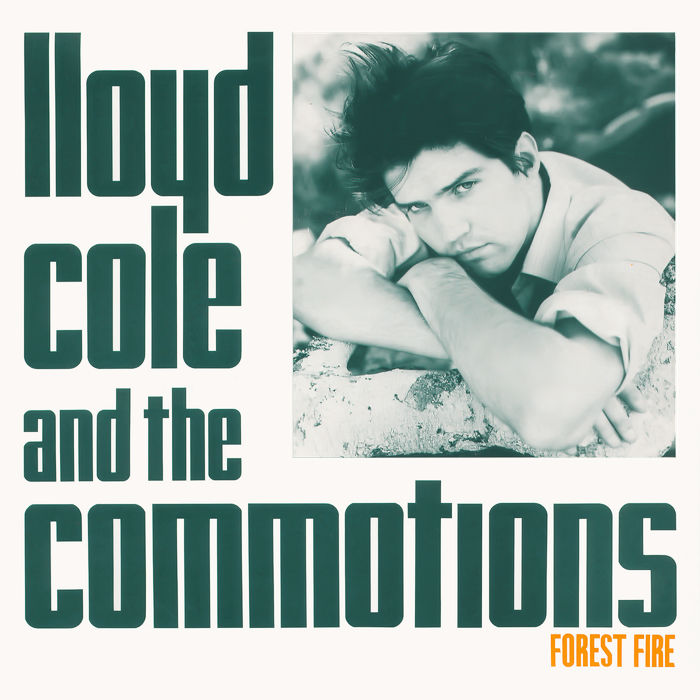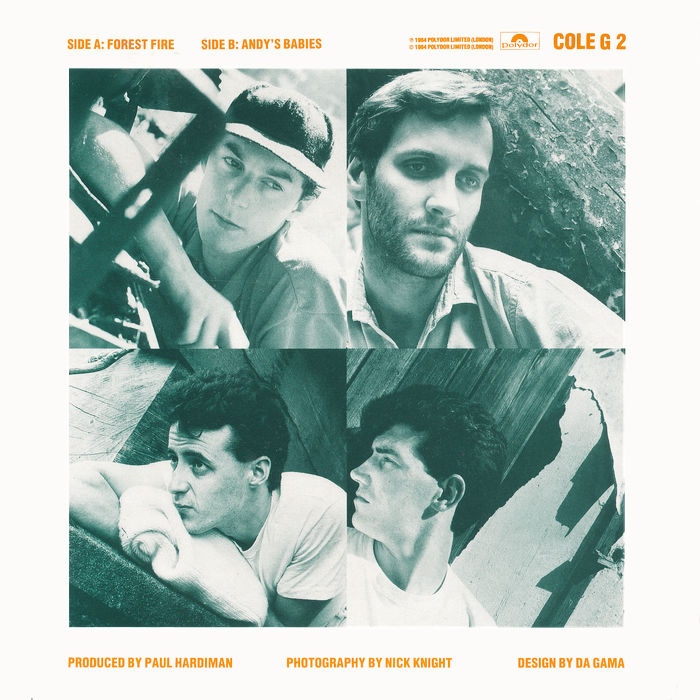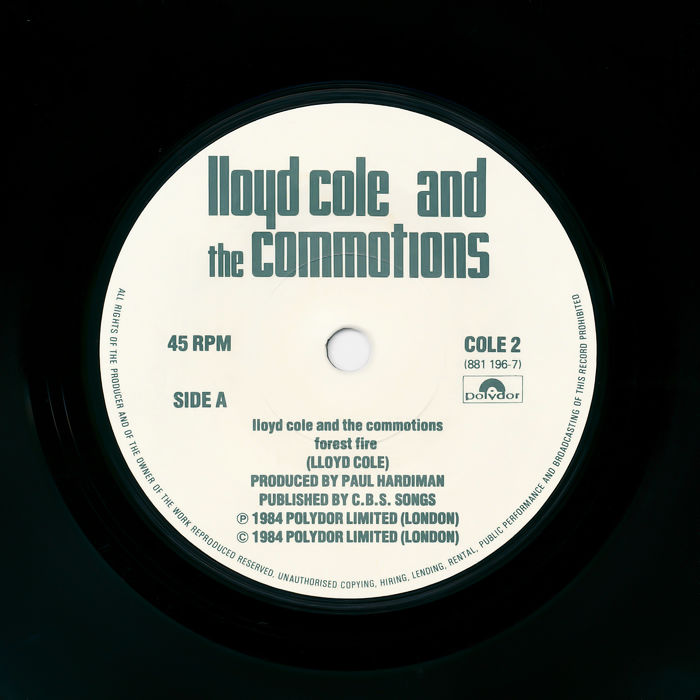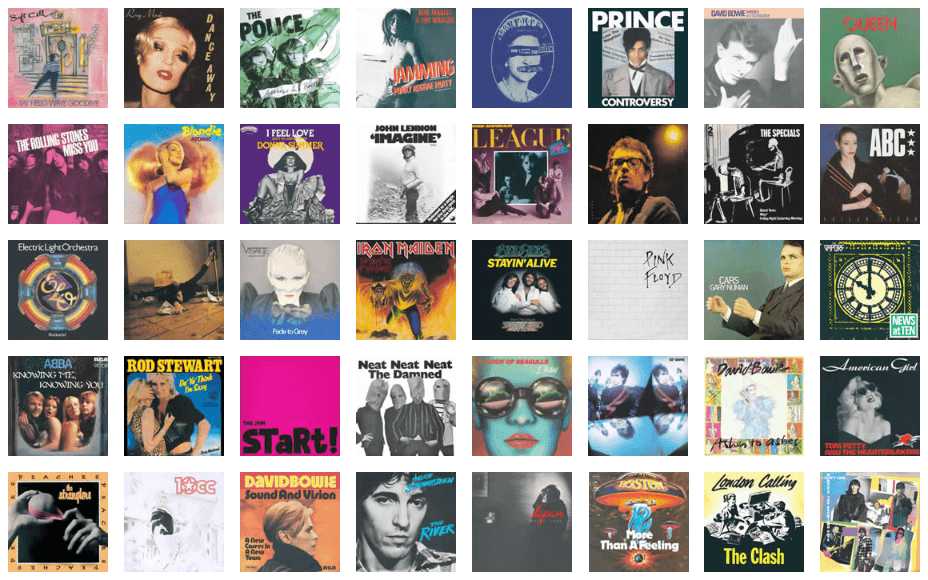The Story Behind The Song
"My father advised me that life itself was a craps game. It was one of two lessons I learned as a child," says Maria, the lead character in Joan Didion's novel Play It As It Lays (1970), which critically examined contemporaneous American society. "The other was that overturning a rock was apt to reveal a rattlesnake." This quote inspired Lloyd Cole to write the title track of Rattlesnakes, one of the finest albums of the 1980s.
Released at the height of synth pop, the album went against the musical grain. Similar to The Smiths (see Heaven Knows I'm Miserable Know), it was a decidedly guitar-based sound accompanying sophisticated lyrics, often name-dropping: Eve Marie Saint (actress), Arthur Lee (musician), Grace Kelly (actress), Simone de Beauvoir (philosopher), Trueman Capote (novelist) and Norman Mailer (writer) all feature in this album. "I was showing off with words," Cole later explained to The Guardian, "I'd read about Bob Dylan seducing women by writing songs for them." Well, wasn't it Picasso's who said that "sex and art are the same thing"?
Whatever his motivation, and partly drawing inspiration from when he was a teenager in London, Cole crafted some of the most memorable lines of the 1980s: "She's got cheekbones like geometry and eyes like sin" (Perfect Skin); "Oh must you tell me all your secrets When it's hard enough to love you knowing nothing" (Four Flights Up); "She says that a girl needs a gun these days Hey on account of all the rattlesnakes" (Rattlesnakes); "She said the one thing that she needs is happiness I don't believe that she's happy 'til she sees that I'm in distress" (Patience); "For we were never close if the truth were told All we ever shared was a taste in clothes" (2CV); "Looking like a born again Living like a heretic" (Are You Ready To Be Heartbroken?).
All the songs were no more than a year old when the album was recorded in the summer of 1984. Most were written by frontman Cole and concern his observations about the state of being in love. These are not the second-rate, saccharin-smothered platitudes of the typical love song but rather they concern the things people do when they are in love – the tragic and the comic situations they fashion, the bitter and the sweet emotions they generate. And for many, the standout track is the beautiful and haunting Forest Fire.
As the song itself says in the final verse, perhaps too literally, "it's just a simple metaphor, it's for a burning love." It is about young love; that's not a reference to the age of the lovers but to the nature of the love itself. It is the exhilarating time when two people are falling in love – passionately, impulsively, uncontrollably. It is the intoxicating time when the lovers cannot think of anyone else but the other, when they want to do nothing but to be together. And this passion only intensifies when the individuals involved "shouldn't even know each other" – their love is somehow forbidden or even dangerous. Ultimately the relationship will be destructive; it will consume itself until there is nothing left, like a forest fire. But the lovers are living for the moment, consumed by a passion so intense that if they "get caught in this wind" then they "could burn the ocean." And the female character in the song finds this feeling so energising that she craves it even though "she has promised once before not to live this way."
The dysfunction at the heart of the relationship is revealed when Cole croons "I believe in love I'll believe in anything". This is typical of his lyrical style: clever and evocative with biting cynicism, especially concerning love. It's a beautiful song, one that almost all of us can relate to.
The lyrics end at 3:04 minutes (album version) and then till fadeout there is a memorable and innovative solo by guitarist Neil Clark, mirroring the intensity of the lyrics. It turns the song into a rock ballad. "I wanted to put more guitar on Forest Fire," he explained, "and came up with this epic solo, and the producer and I stayed up all night recording it. At 2am, with everything turned up, it sounded incredible, but the next day I thought we'd gone over the top and wanted to take some of it off... but everyone agreed it was incredible, so we left it."
As the raging solo fades, we experience the calm after the fire. The intense phase of attraction cannot and does not last; it either calms down to become a more enduring love or it burns itself out. But while it rages, this young love heightens the senses and fills our lives like nothing else. The forest fire burns in us all.
We hereby instate Forest Fire by Lloyd Cole and The Commotions on The Wall as No.4 Best Single of 1984
I was introduced to this song by a friend who had said it had "blown him away". It blew me away too.Dave B




